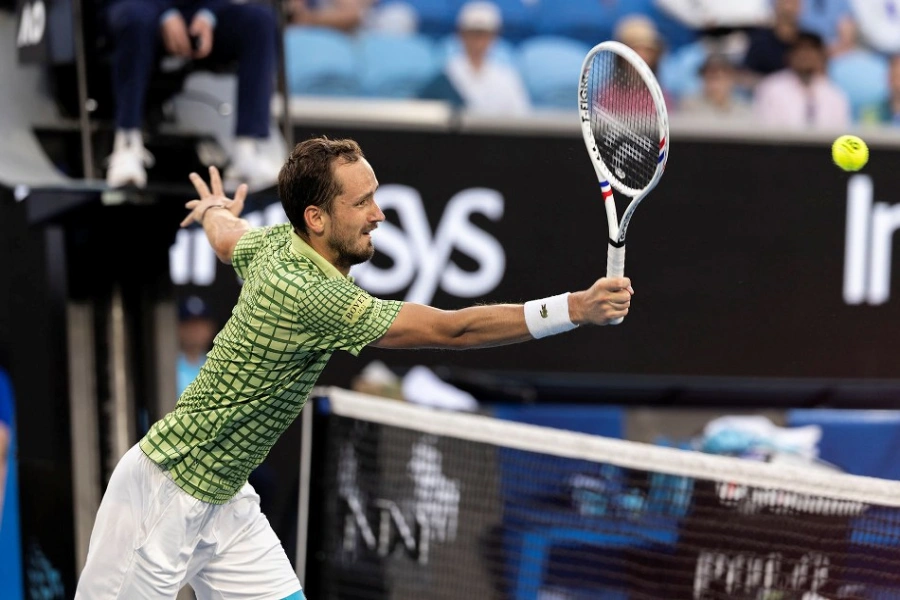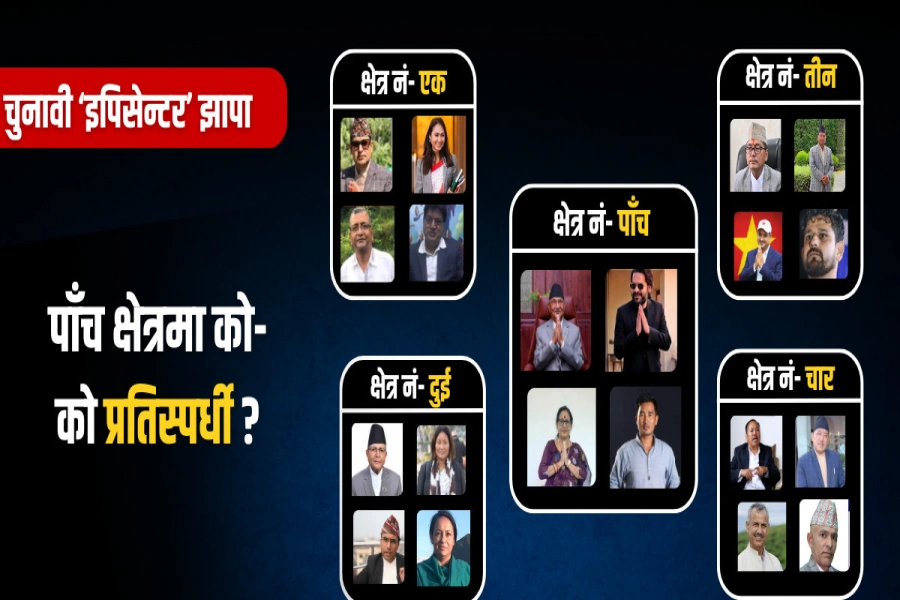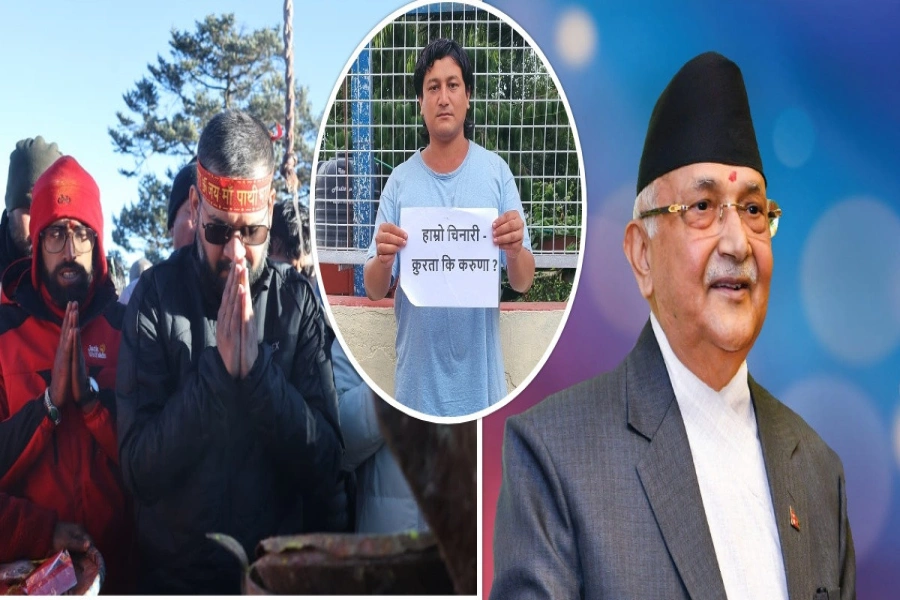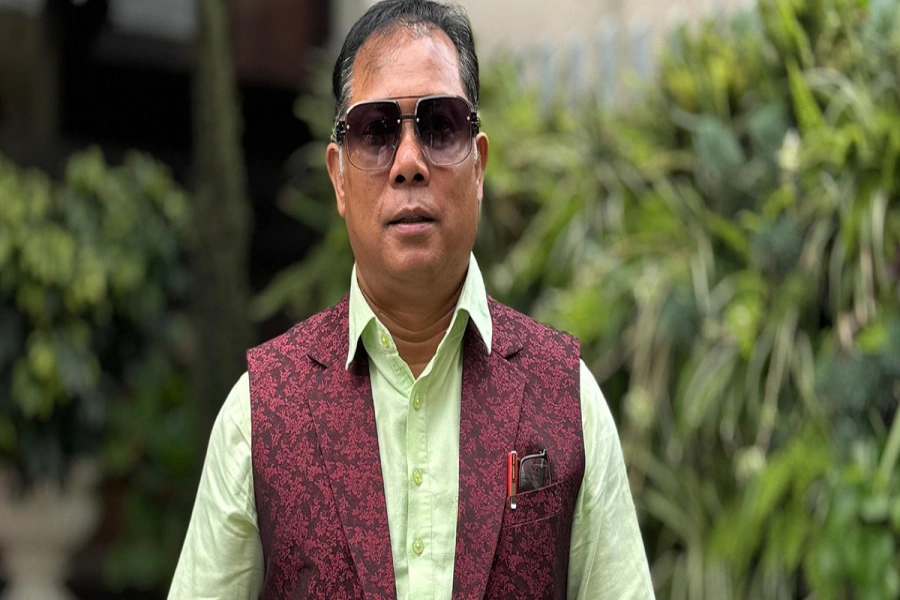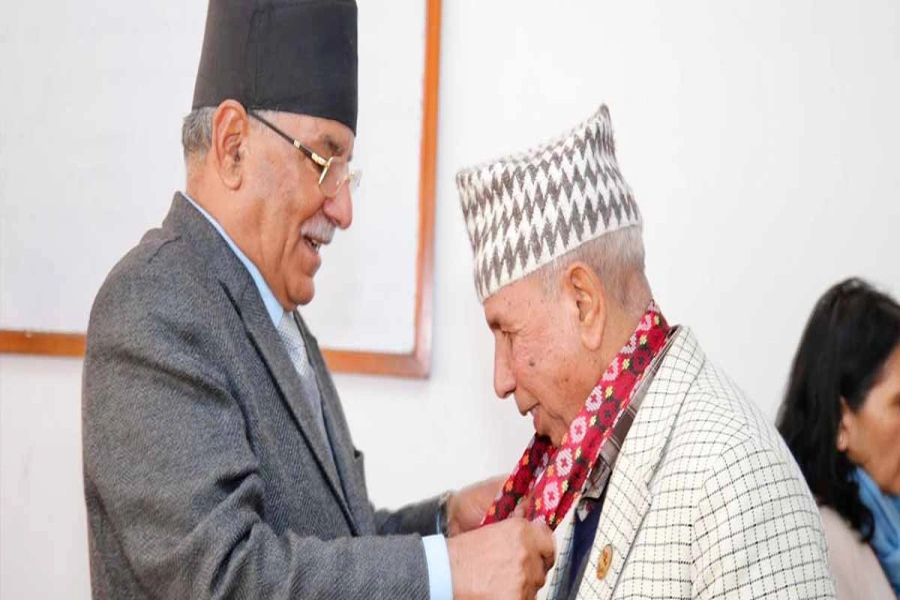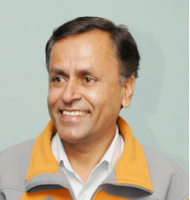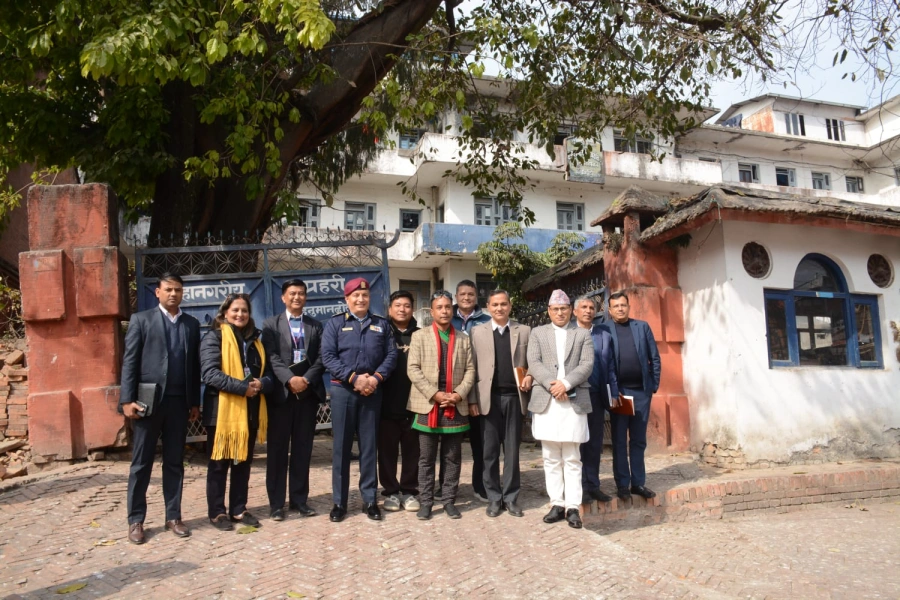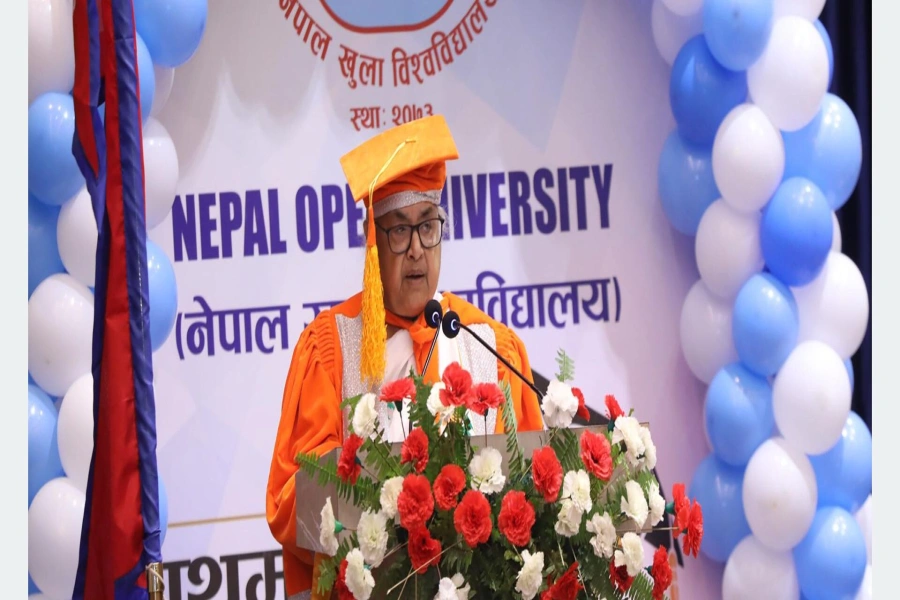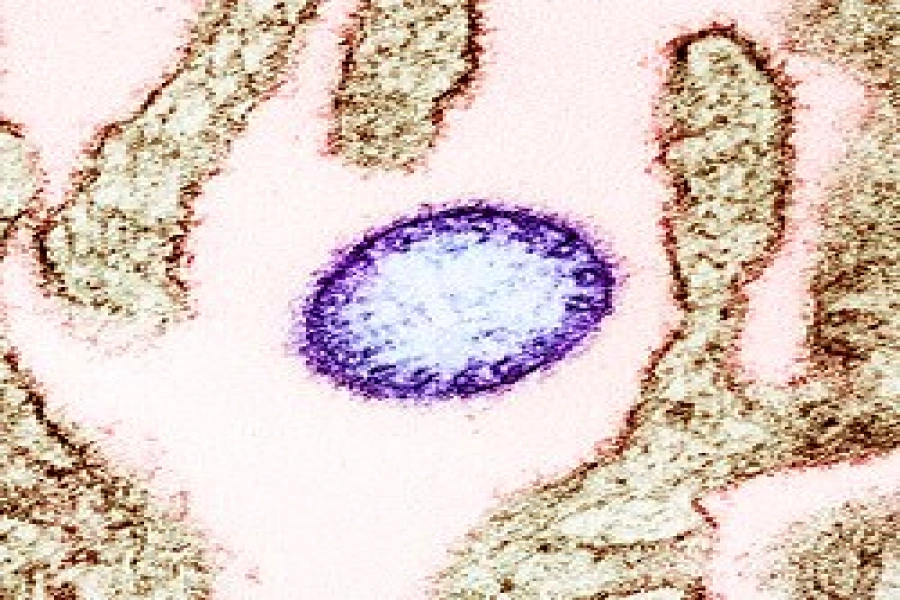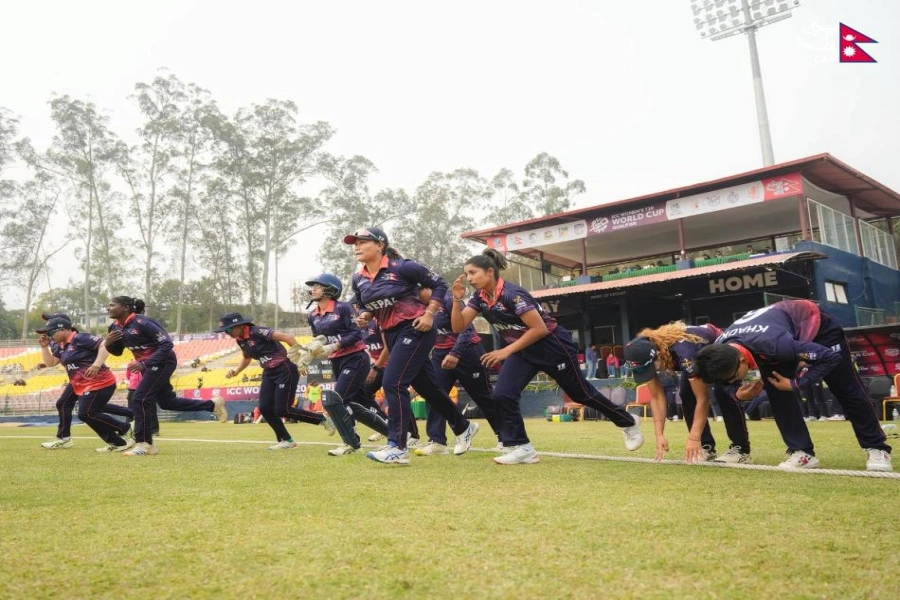The only force that can transform TU in the immediate future is university students who are bearing the brunt of its intellectual demise
It’s been about three months since I declared the intellectual death of Tribhuvan University (TU). The poignant fact is that it still shows no sign of returning to its intellectual life. It is this fact that led me to ponder over how to resuscitate it. The hitherto literature dealing with ways of reviving it abounds with palliatives. Much of it is replete with ideas about what its professors should and should not do. But the problem does not lie in the fact that they are oblivious of their responsibilities. Problem lies in how to prevent them from abnegating their responsibilities.
Intellectual demise of TU is more than an intellectual phenomenon. It is also a psychological phenomenon. Therefore, it is imperative to identify the psychological factor that has contributed to its intellectual demise in an effort to resuscitate it.
Types of professors
Since types of professors are among the important conceptual categories I used in the previous article, let me discuss my classification of professors before elaborating my central argument. For an analytical purpose, I classify professors into three categories—naturally ideal professors, potentially ideal professors and so-called professors. What makes professors a naturally ideal is their profound intellectual interest. Their intellectual interest in the issues related to the field of knowledge they belong to is so deep that nothing will stymie their scholarly inquiry. They carry out their professional responsibilities not because they are afraid of being punished by the university administration or not because their diligence is rewarded, but because they inherently relish performing them.
By “potentially ideal professors”, I mean those professors who prove their intellectual capacity to serve as an ideal professor only in a situation in which the university administration brooks no professional negligence and their intellectual production is rewarded. Such professors are naturally unwilling to work very hard despite being endowed with great intellectual ability in a situation in which their disinclination to make an intellectual contribution is not met with severe punishment.
Reviving Nepal’s Monarchy: A Nostalgic Fantasy in a Democratic...

I use the phrase “so-called professors” to refer to those who are holding the intellectually challenging position of professor but who are neither a naturally ideal professor nor a potentially ideal one. The term “professor” is a misnomer in case of such professors. They lack minimum intellectual ability necessary to serve either as a naturally ideal professor or as a potentially ideal professor. They may possess all the non-intellectual attributes of naturally ideal professors. However, lack of minimum intellectual ability will not enable them to prove themselves to be a naturally ideal professor. Likewise, though they may possess a desire to serve as a potentially ideal professor, they will not succeed in graduating to the status of such a professor from ‘so-called professor’ status for the same reason.
Psychological explanation
Theory of utilitarianism propounded by British philosopher Jeremy Bentham from whom the father of classical economics Adam Smith borrowed the very popular economic notion of an economic man (also known as “Homo Economicus”) helps us explain the intellectual demise of TU at a psychological level. According to this theory, people tend to engage in activities from which they get pleasure and avoid partaking in activities that cause them pain.
Generally, unlike naturally ideal professors, potentially ideal professors and so-called professors find serious intellectual activity unpleasant and non-intellectual activity pleasant. They are disinclined to partake in serious intellectual activity (a source of pain) and engaged in non-intellectual activity (a source of pleasure). This has contributed to TU’s intellectual demise.
For me, something that is the source of pain for us in one situation may be the source of pleasure in another situation. For example, if those professors who abnegate their intellectual responsibility are met with severe punishment and their assiduity is rewarded, professional irresponsibility will no longer be a source of pleasure. It will be a source of pain. Likewise, serious teaching, research and academic writing will no longer be a source of pain. It will be a source of pleasure.
TU professors belonging to the second and third types get pleasure from professional irresponsibility and pain from professional responsibility (serious teaching, research and writing) because what I call “an ideal university environment” does not exist. By this phrase, I mean a situation in which professors remiss in their duty are afraid of the severest possible form of punishment (for example, demotion, termination of service etc.). Another characteristic feature of this environment is the reward system intended to motivate professors to serve as an ideal professor. It is in an ideal university environment that potentially ideal professors prove themselves to be an ideal professor and so-called professors who lack an ability to adapt to a new environment disappear.
It is possible to set in motion the broader process that leads to dissemination of “minimum critical knowledge” and production of “minimum new knowledge” or what I call “the intellectual life of a university” by creating an ideal university environment only if there are two types of professor—a naturally ideal professor and a potentially ideal professor. If there are also so-called professors in an intellectually dead university, it is impossible to revive it by creating an ideal university environment only. Reviving it also presupposes purging a university of so-called professors in a way that is both legally and morally justifiable.
Since TU is an intellectually dead university where the process involved in the selection of university teachers is essentially unscientific, there is a reason to believe that so-called professors form part of the total population of professors associated with it. Therefore, two steps need to be taken to revive it: Creating an ideal university environment in which the potentially ideal professors working there will prove themselves to be an ideal professor and purging it of the so-called professors.
Because the fact that some professors in TU are incapable of accomplishing the two minimum goals—dissemination of minimum critical knowledge and production of minimum critical knowledge—is empirically unverifiable (albeit logically axiomatic) until they make a serious effort to fulfill them, it is too early to say that it is time to purge TU of them from the empirical viewpoint. They should be given a chance to prove themselves to be capable of doing so. Since they entered TU with the help of political clout despite lacking minimum intellectual ability, it is very likely that they will not succeed in proving that they possess minimum intellectual ability. The process of purging TU of them should begin when they do not succeed in disseminating minimum critical knowledge and producing minimum new knowledge.
Hope for revival
If I am to follow philosopher Hegel who believed that ideas are the creator of the world, I must be optimistic about the possibility of giving birth to new TU. If I am to be a Marxist, I must stop for a while to pay attention to whether material conditions are ripe enough to translate my ideas into action. Marx believed that a theory is powerless until it reflects the interests of a particular social class. Though he believed, as his lifelong friend Engels did, that the causes of seismic social changes should be sought not in the philosophy but in the economics, he also believed that a theory reflecting class interests will play a key role in the social transformation when the material conditions conducive to class conflict comes into existence.
If I am to be a social democrat or a democratic socialist, I should believe in the primacy of human action—and idea diametrically opposed to the logic of historical materialism. This means I should start thinking about ways of creating human action strong enough to be capable of creating an ideal university environment in the TU.
Since the head of the government is also the head of TU, he is powerful enough to revive it if he rids of his indifference to its intellectual death. But he shows no sign of not being apathetic to its intellectual demise. Therefore, the only force that can transform TU in the immediate future is the university students who are bearing the brunt of its intellectual demise.
raiajitpe@gmail.com




